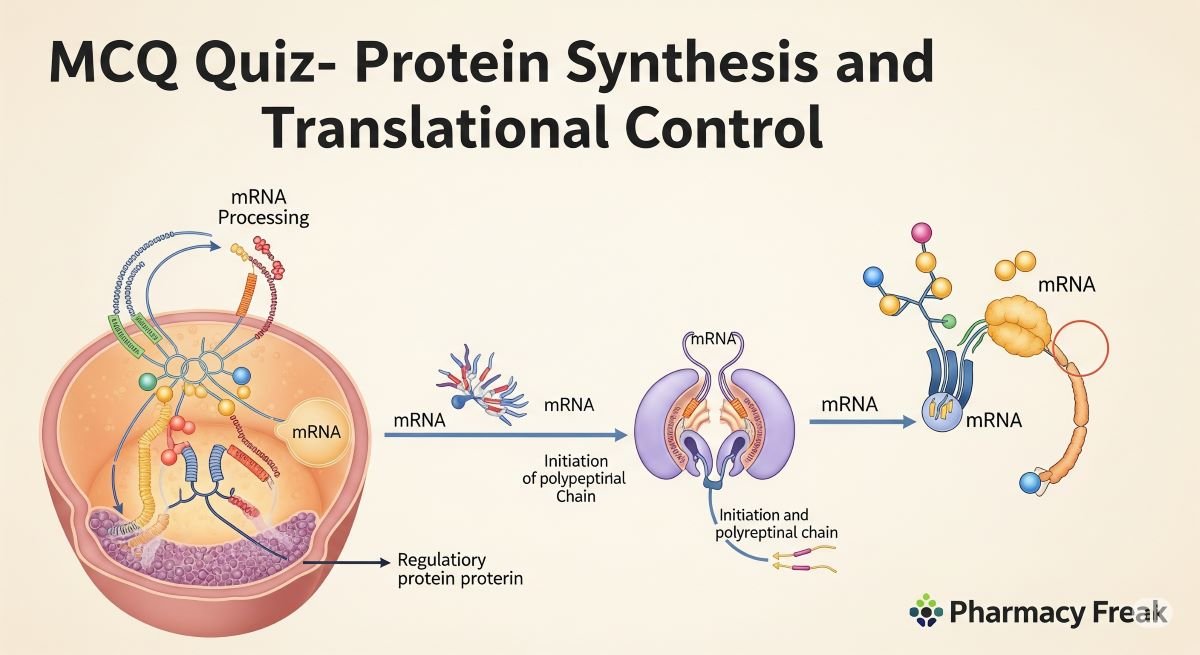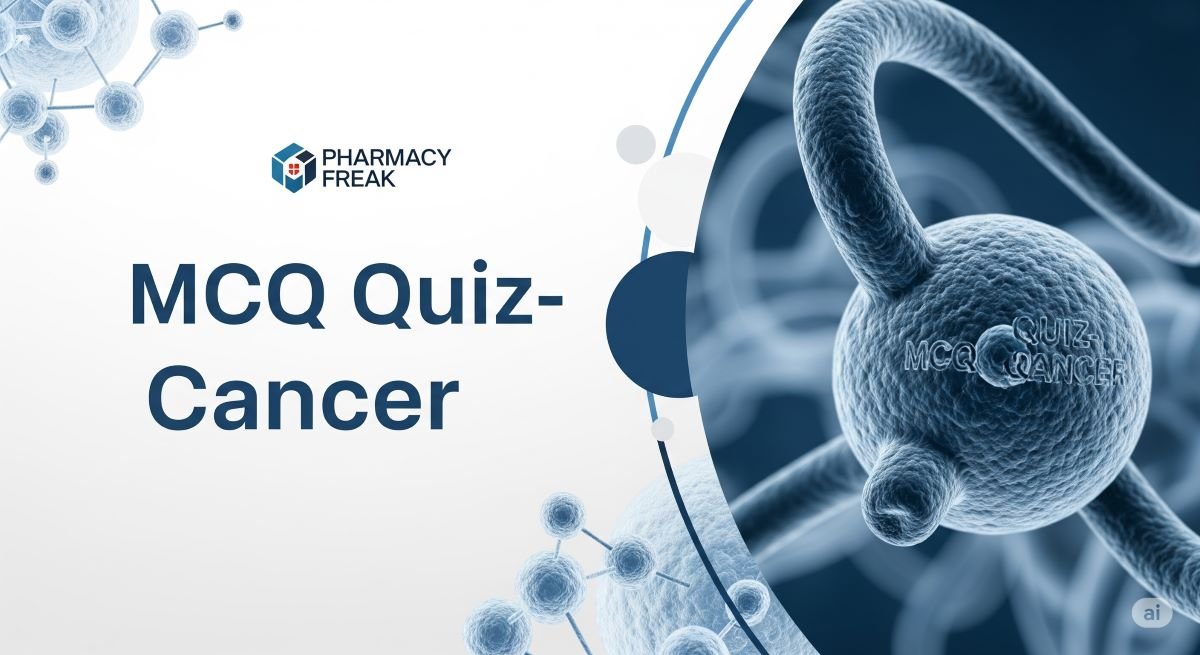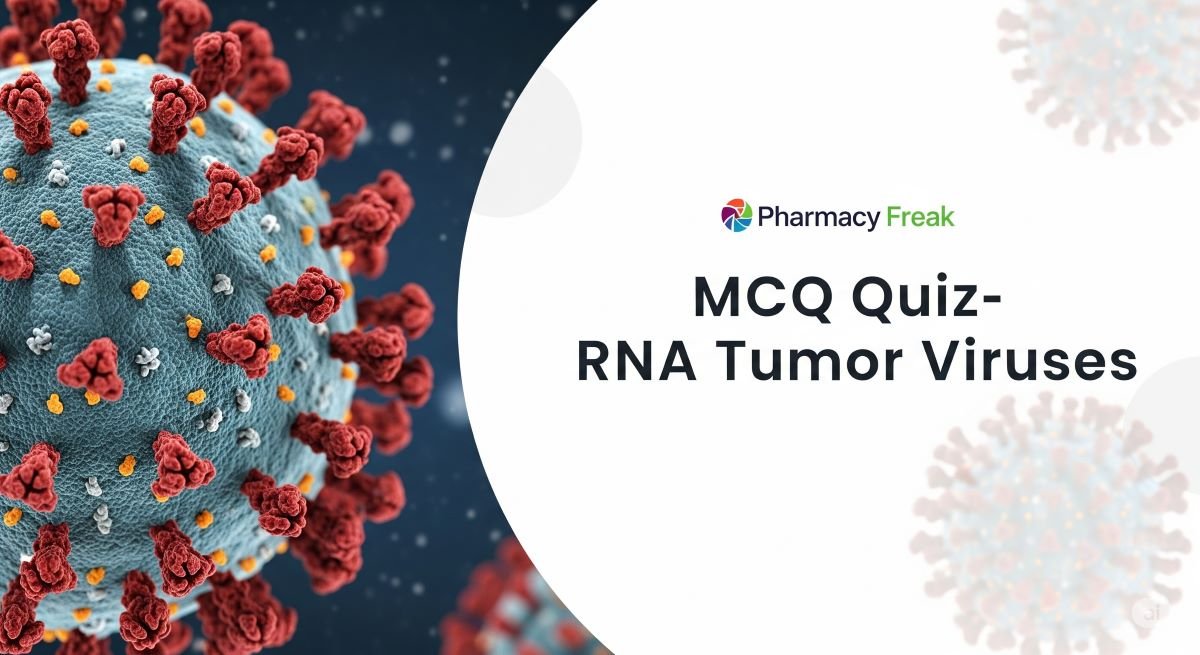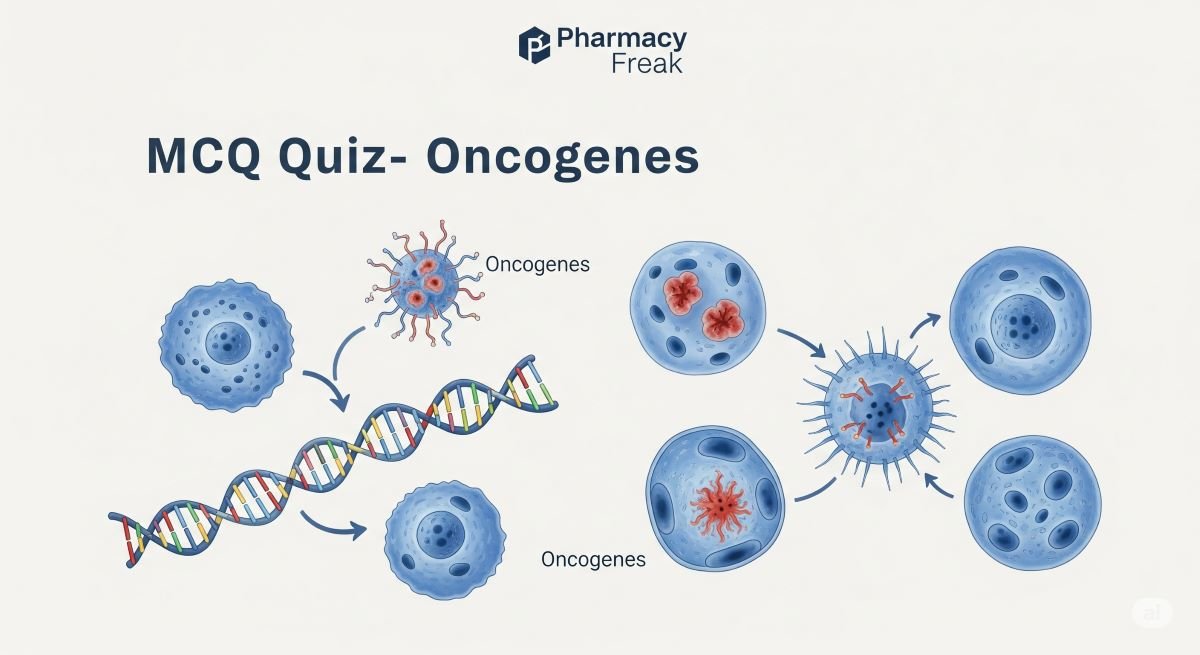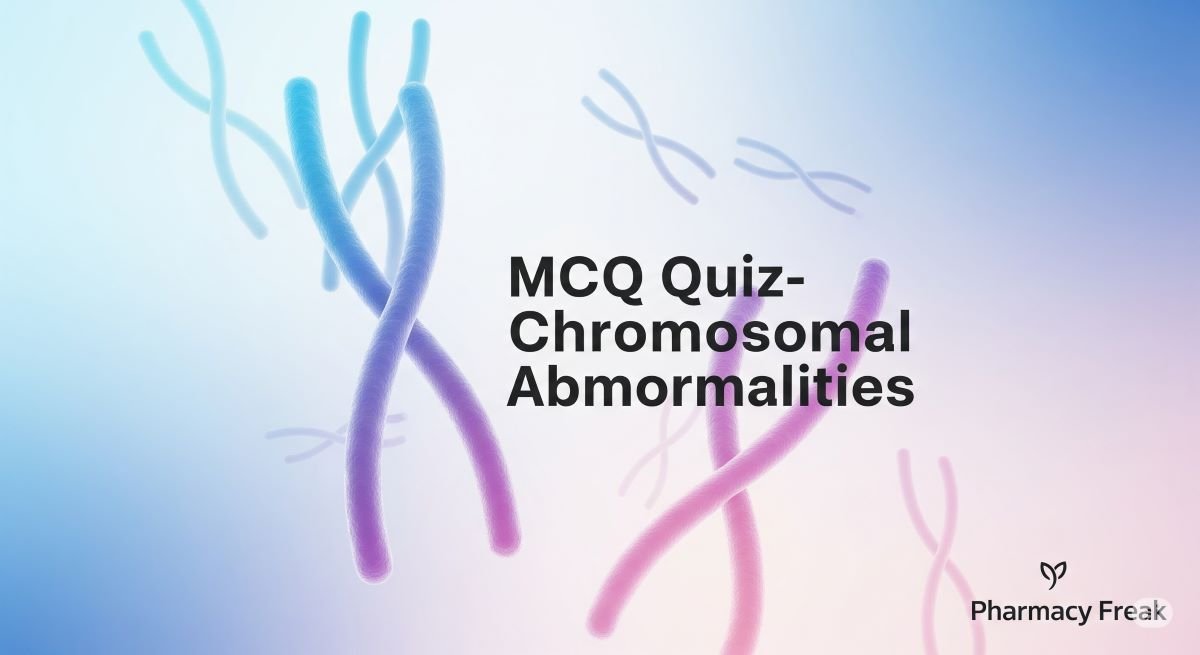
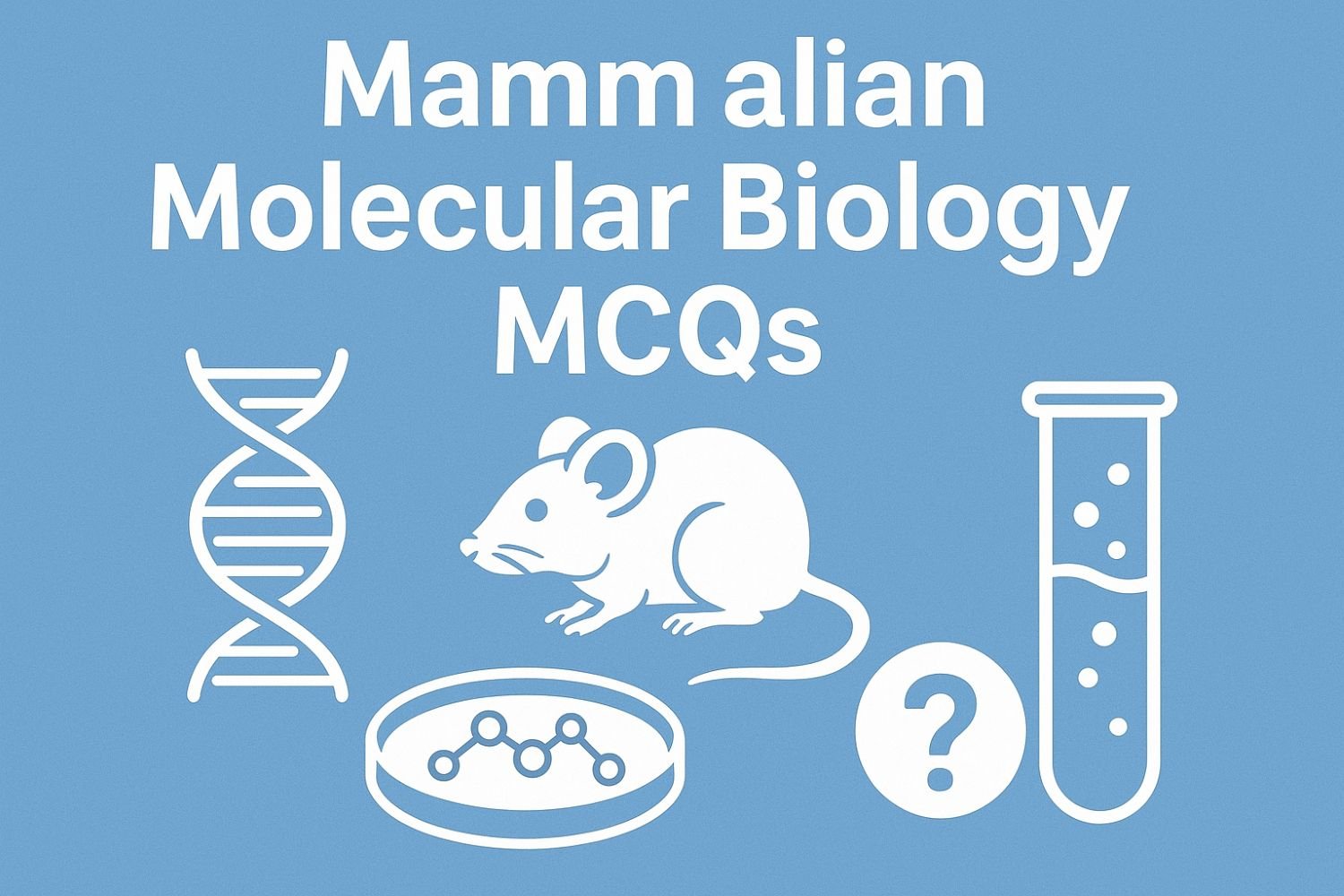
Excel at Mammalian Molecular Biology MCQs
Mammalian molecular biology explores the genetic and biochemical processes that govern how cells function in complex organisms. These MCQs test your ability to understand DNA, RNA, proteins, and signaling pathways, and how they apply to human health and disease.
What’s Covered in Mammalian Molecular Biology?
This subject dives into the molecular foundations of mammalian life. You’ll review gene structure and expression, protein synthesis, regulation of cellular processes, and how molecular biology drives advances in medicine and pharmacy.
What Will Mammalian Molecular Biology MCQs Test?
Core Focus Areas
DNA Structure and Replication:
Expect questions on nucleic acid organization, DNA polymerases, replication origins, and repair mechanisms.Transcription and RNA Processing:
MCQs may test your knowledge of transcription factors, RNA splicing, capping, polyadenylation, and non-coding RNAs.Translation and Protein Synthesis:
You’ll see scenarios involving ribosomes, tRNA, initiation and elongation factors, and post-translational modifications.Gene Regulation:
Expect questions about enhancers, repressors, epigenetics, and how signaling pathways influence gene expression.Cell Cycle and Checkpoints:
MCQs may cover cyclins, kinases, tumor suppressors, and DNA damage response systems.Molecular Techniques:
Look for questions on PCR, cloning, sequencing, CRISPR, and other methods used in mammalian molecular biology.
Why These MCQs Matter
Here’s the thing: understanding mammalian molecular biology provides the foundation for pharmacogenomics, biotechnology, and personalized medicine. These MCQs prepare you to think critically about how molecular processes translate into real clinical and therapeutic advances.
Tips for Success with Molecular Biology MCQs
1. Visualize the Pathways:
Map out molecular processes step by step—DNA → RNA → Protein—to simplify complex questions.
2. Watch for Details:
Many MCQs hinge on small but crucial facts, like enzyme names or regulatory sequences.
3. Apply Clinical Connections:
Relate molecular mechanisms to human diseases or therapies whenever possible.
4. Know the Techniques:
Expect direct questions on experimental tools—PCR, CRISPR, electrophoresis, and sequencing.
5. Think Mechanistically:
Choose answers that reflect not just what happens, but how and why it happens.
Building Strong Molecular Biology Foundations
Mastering Mammalian Molecular Biology MCQs strengthens your understanding of the science that underpins pharmacy and medicine. Each question helps you connect molecular processes with real-world applications in health and therapeutics.










